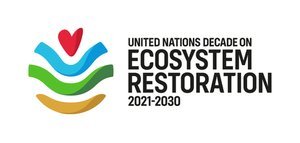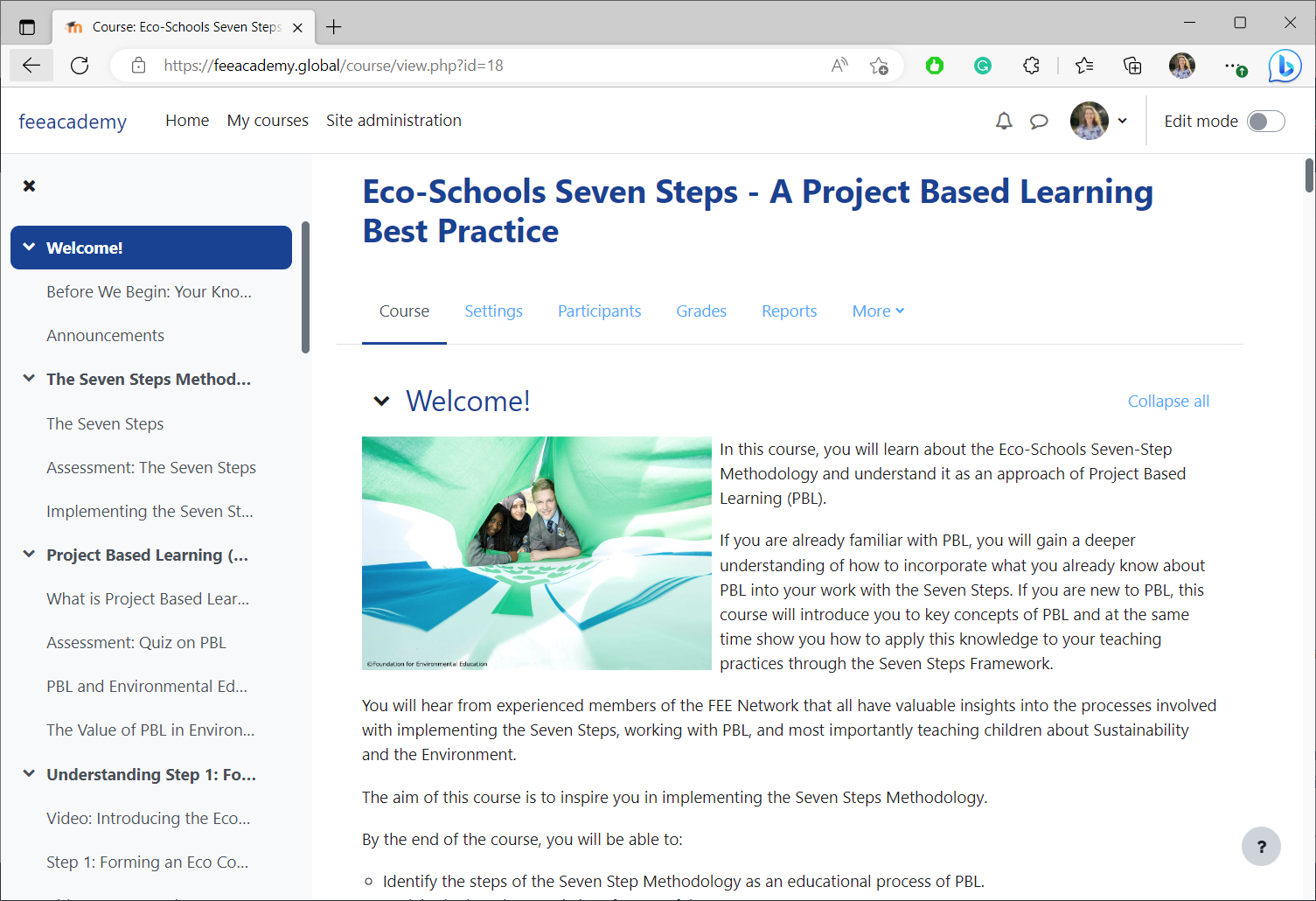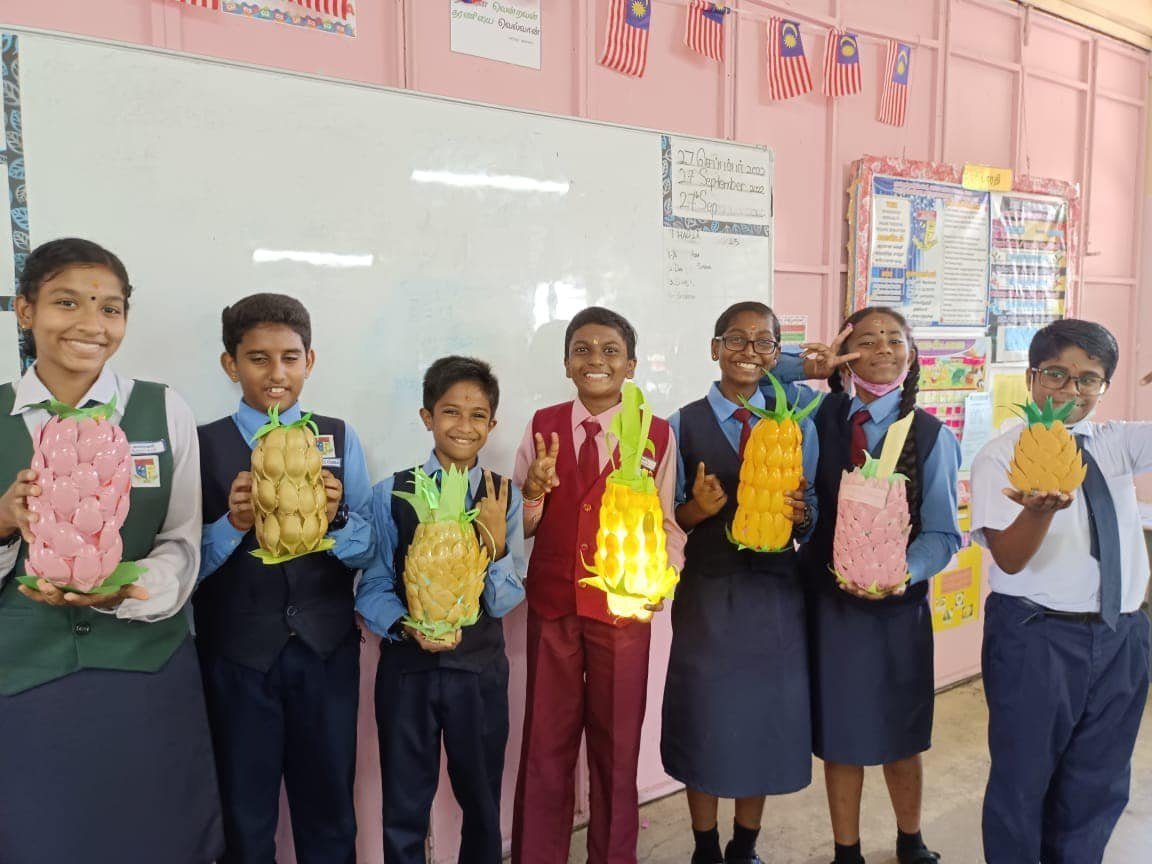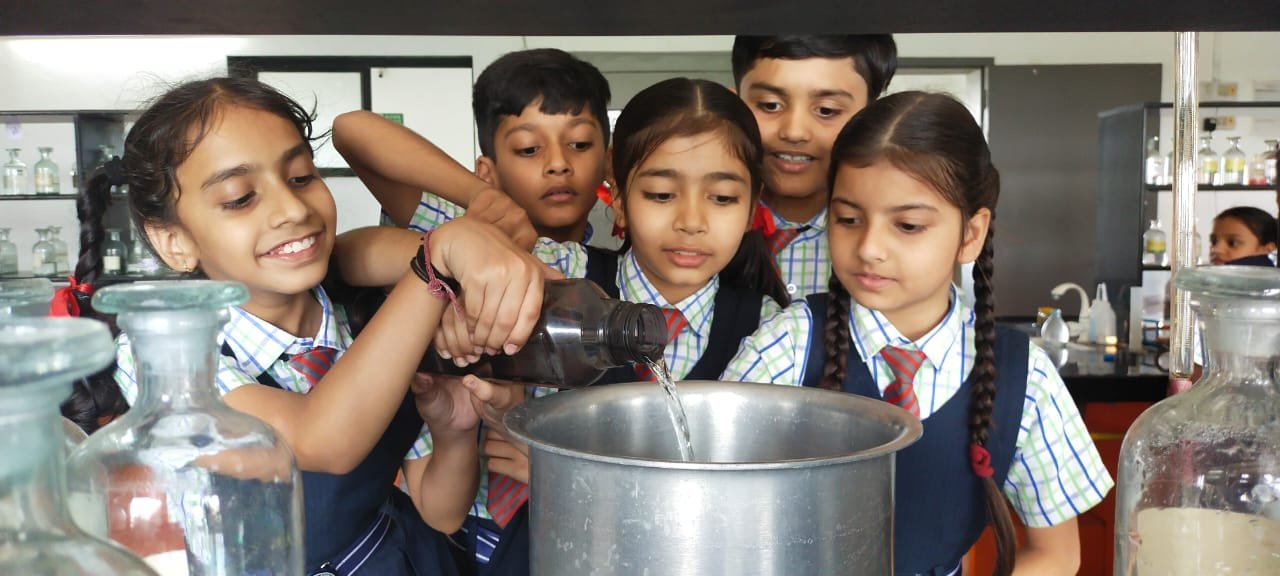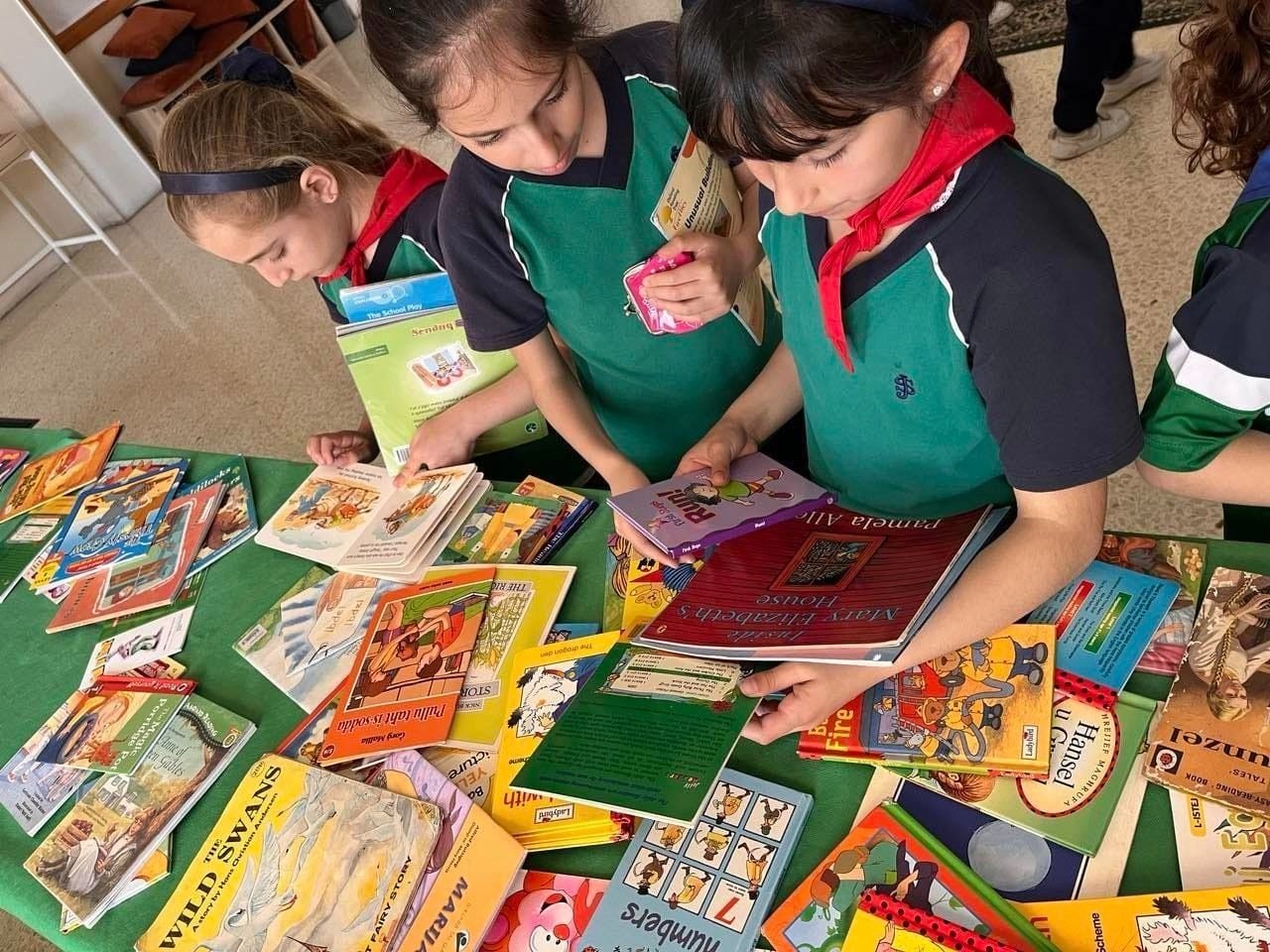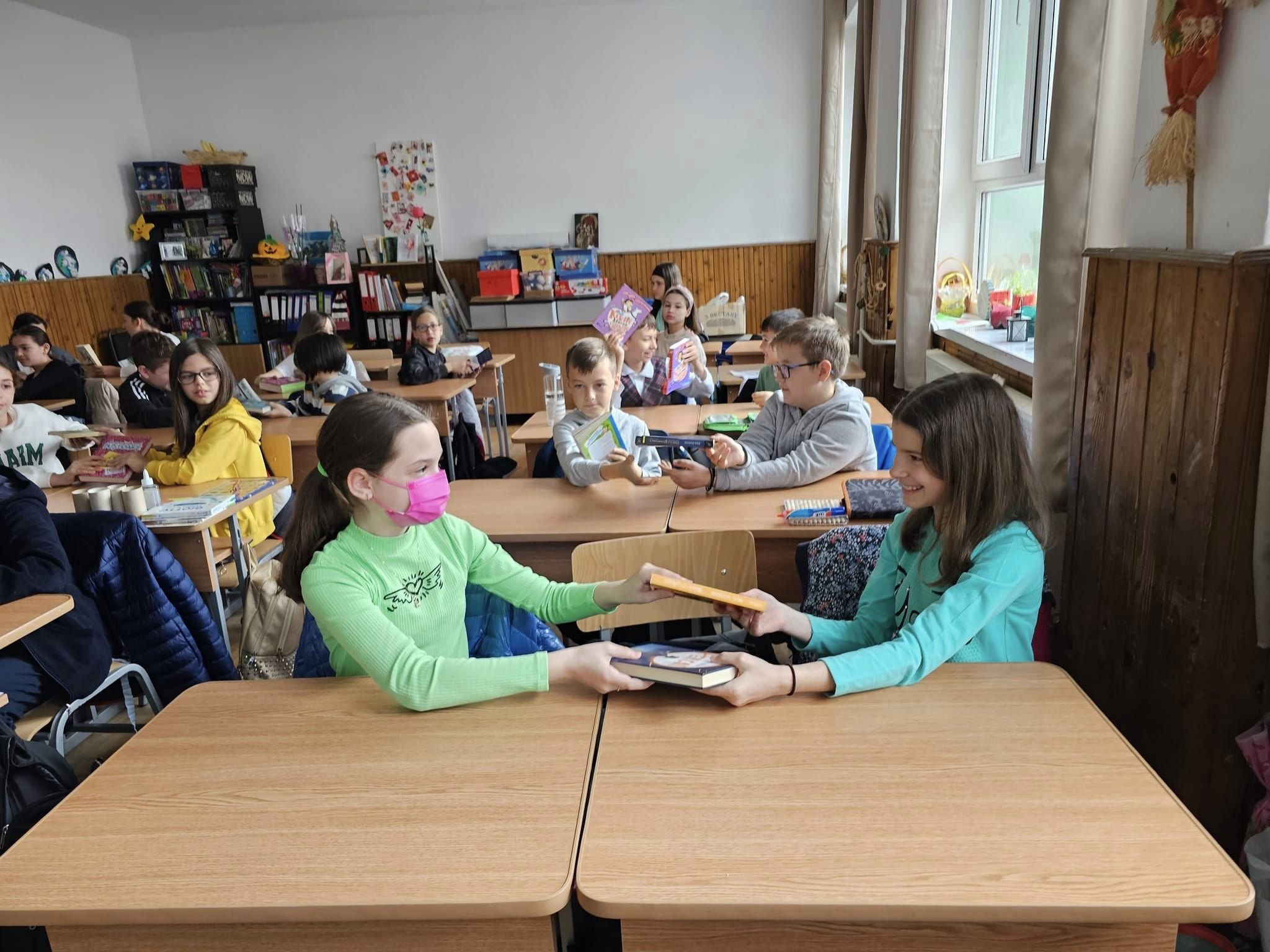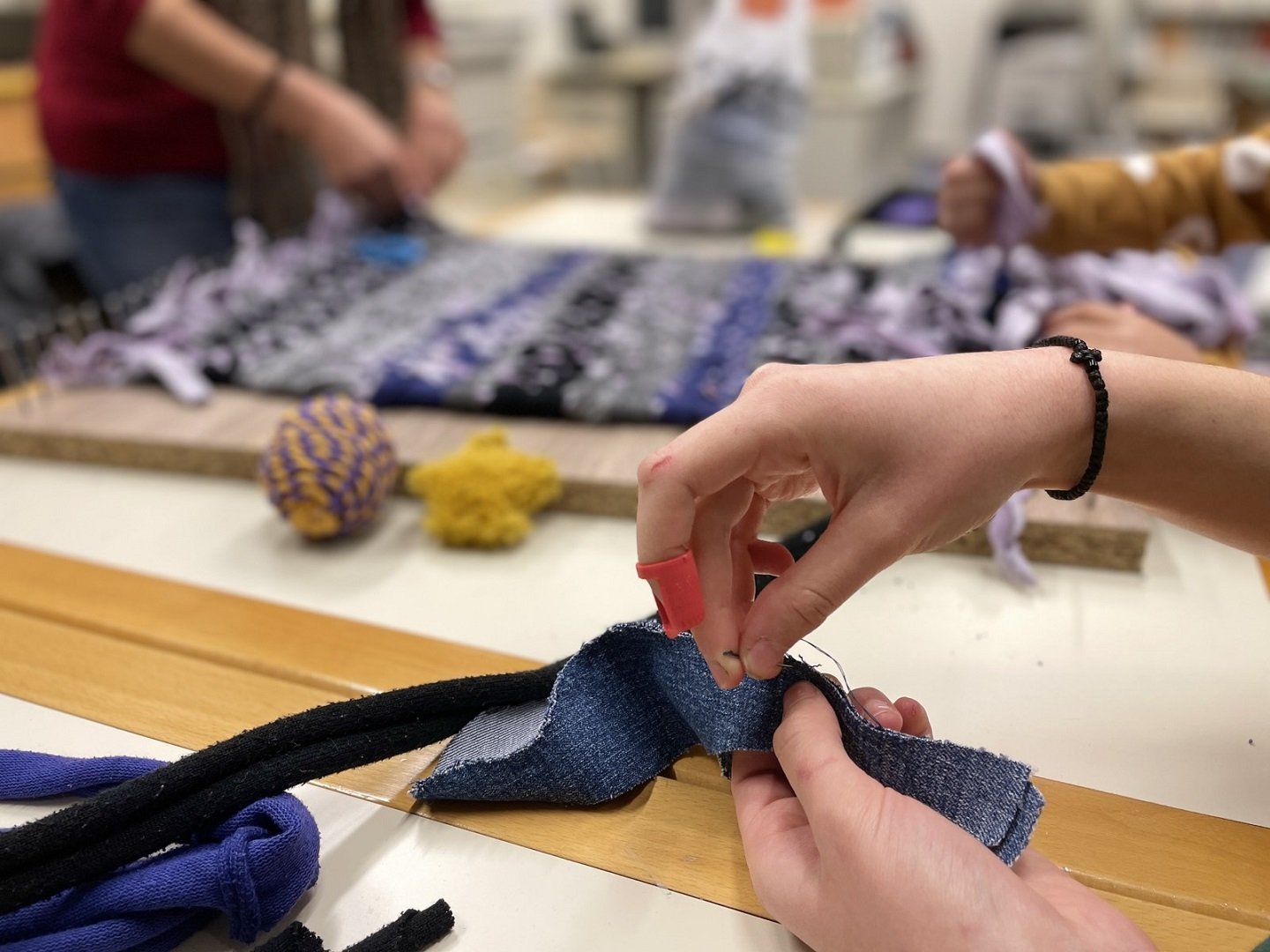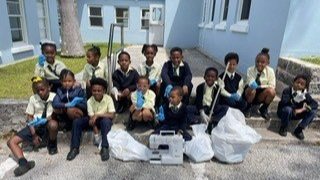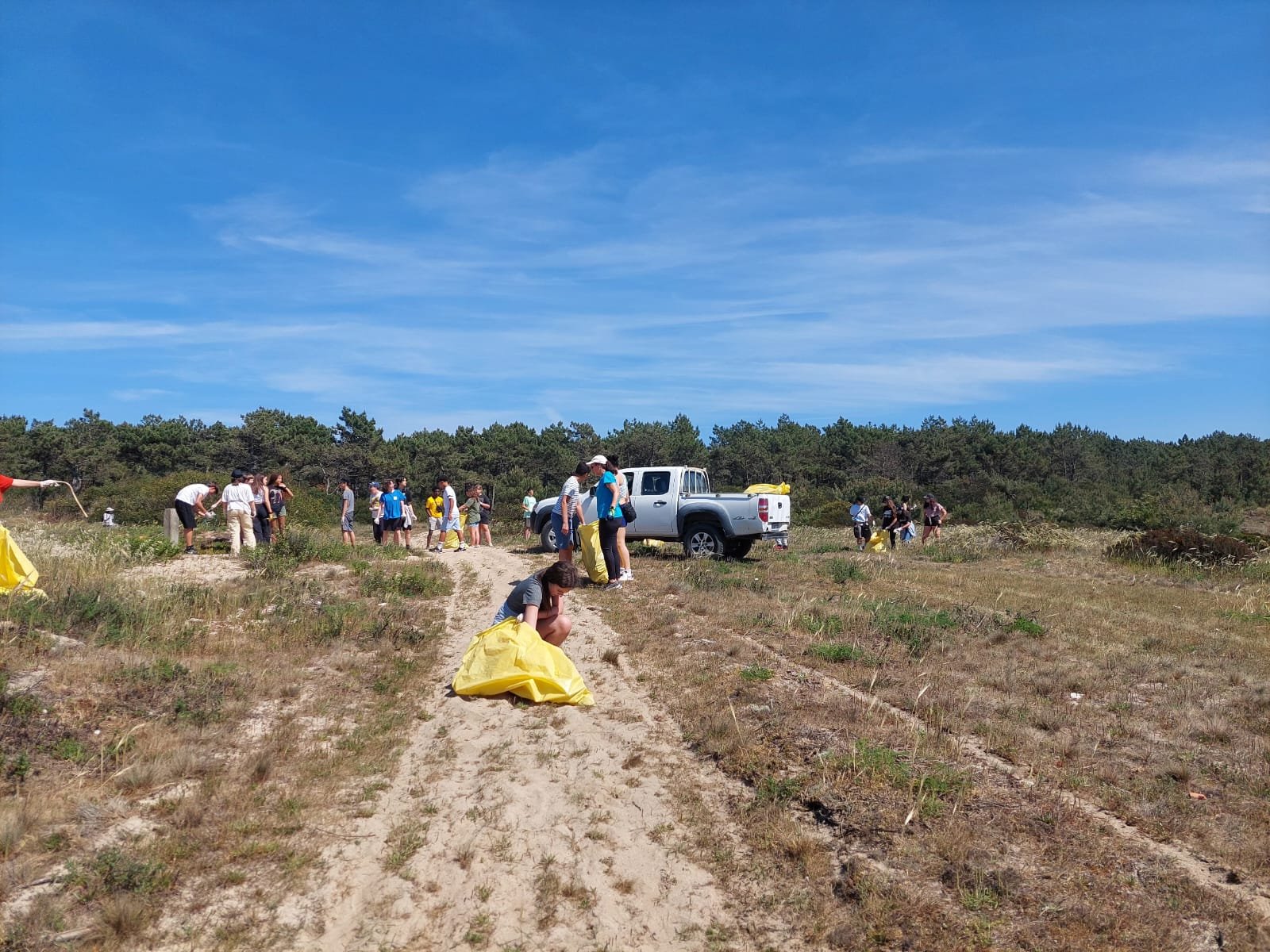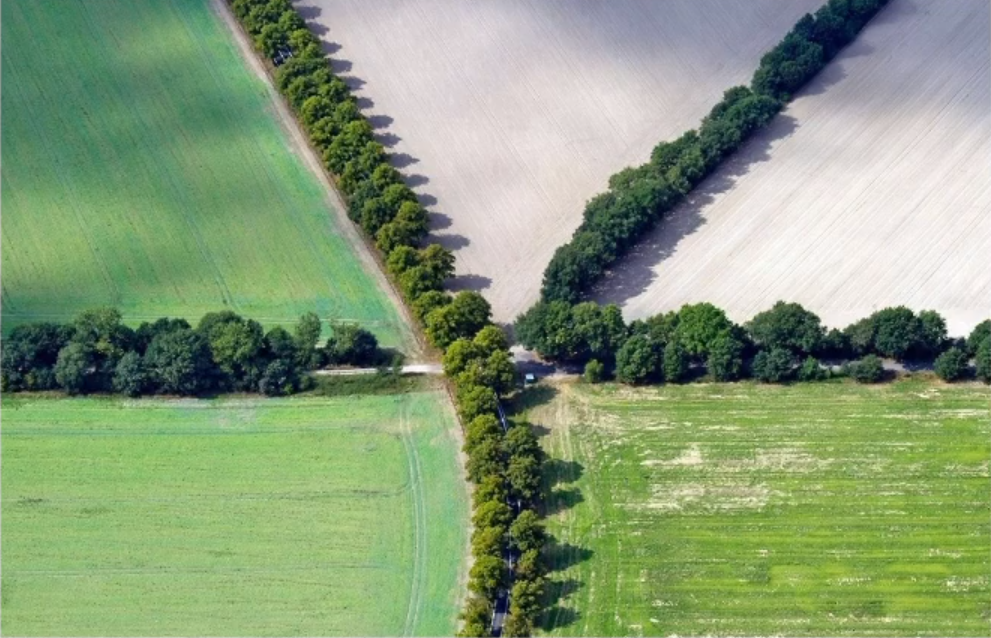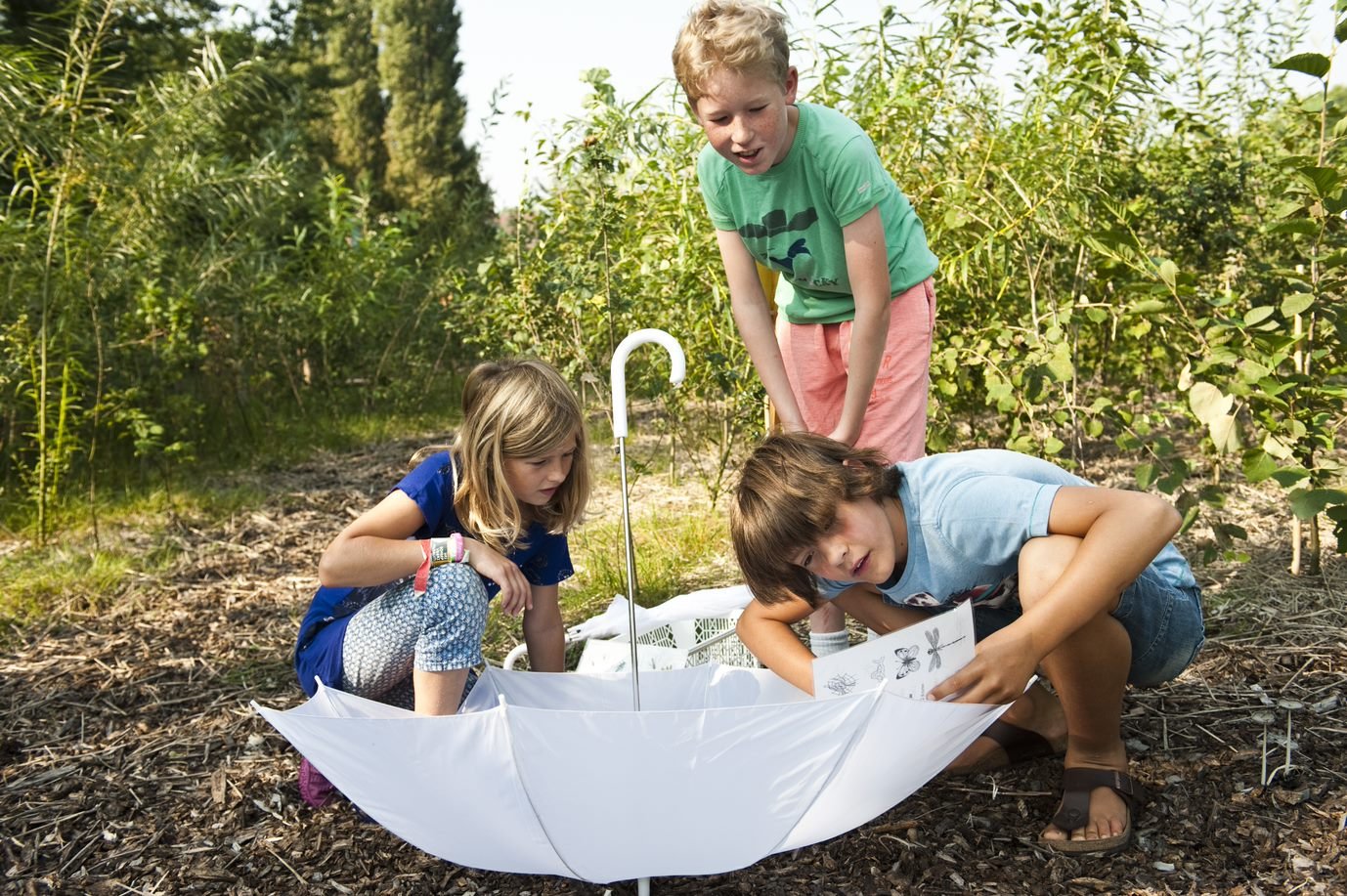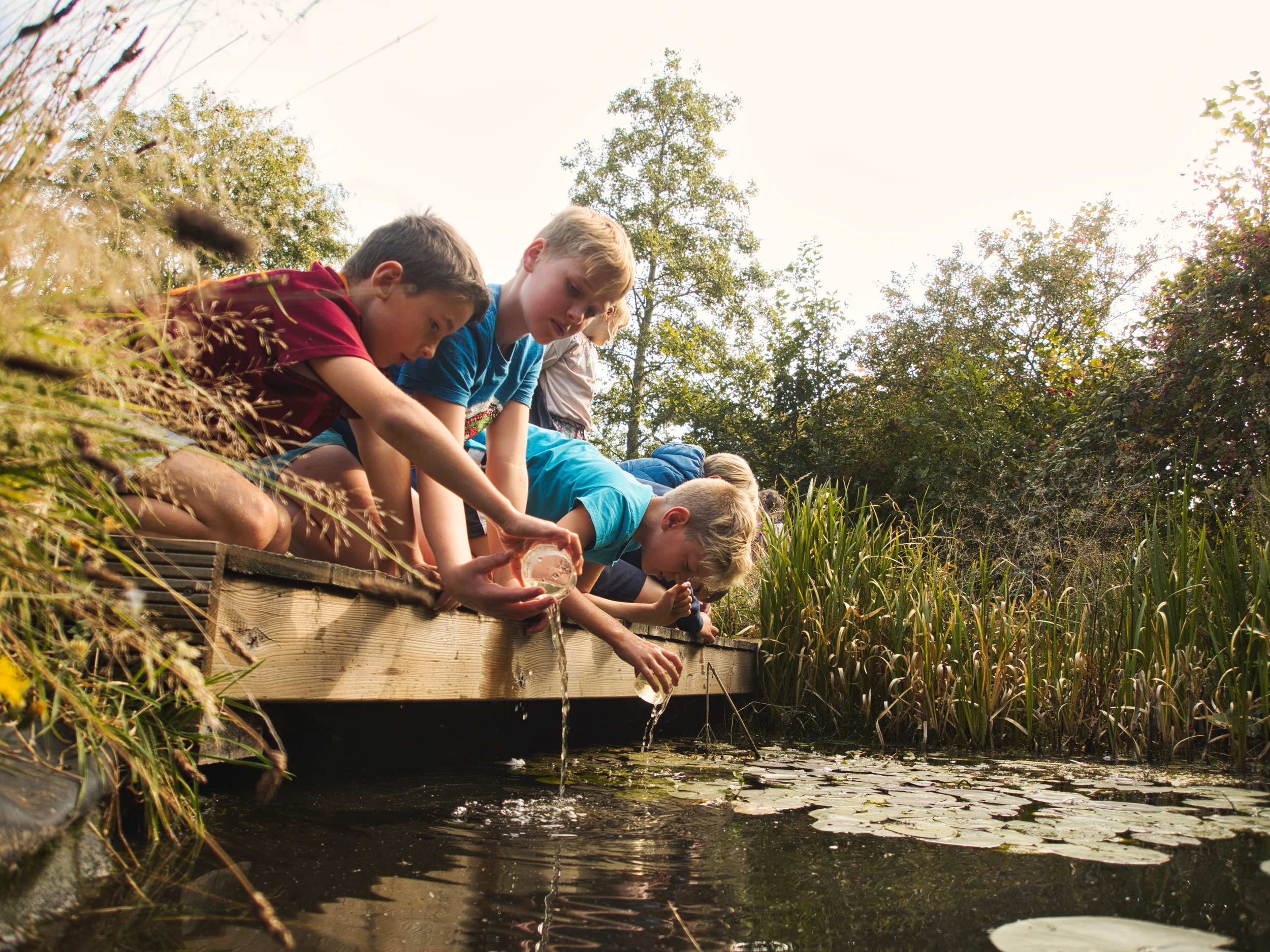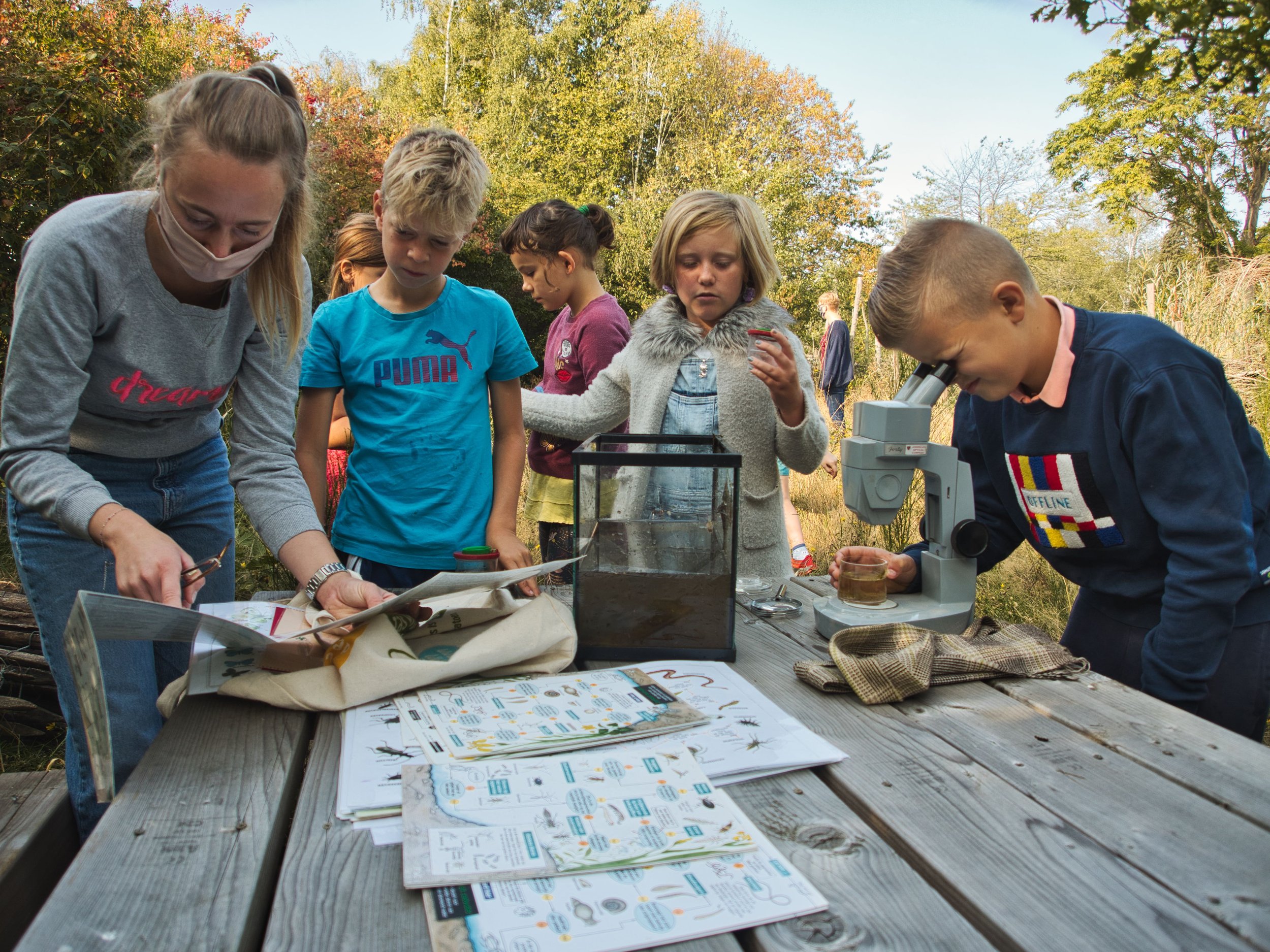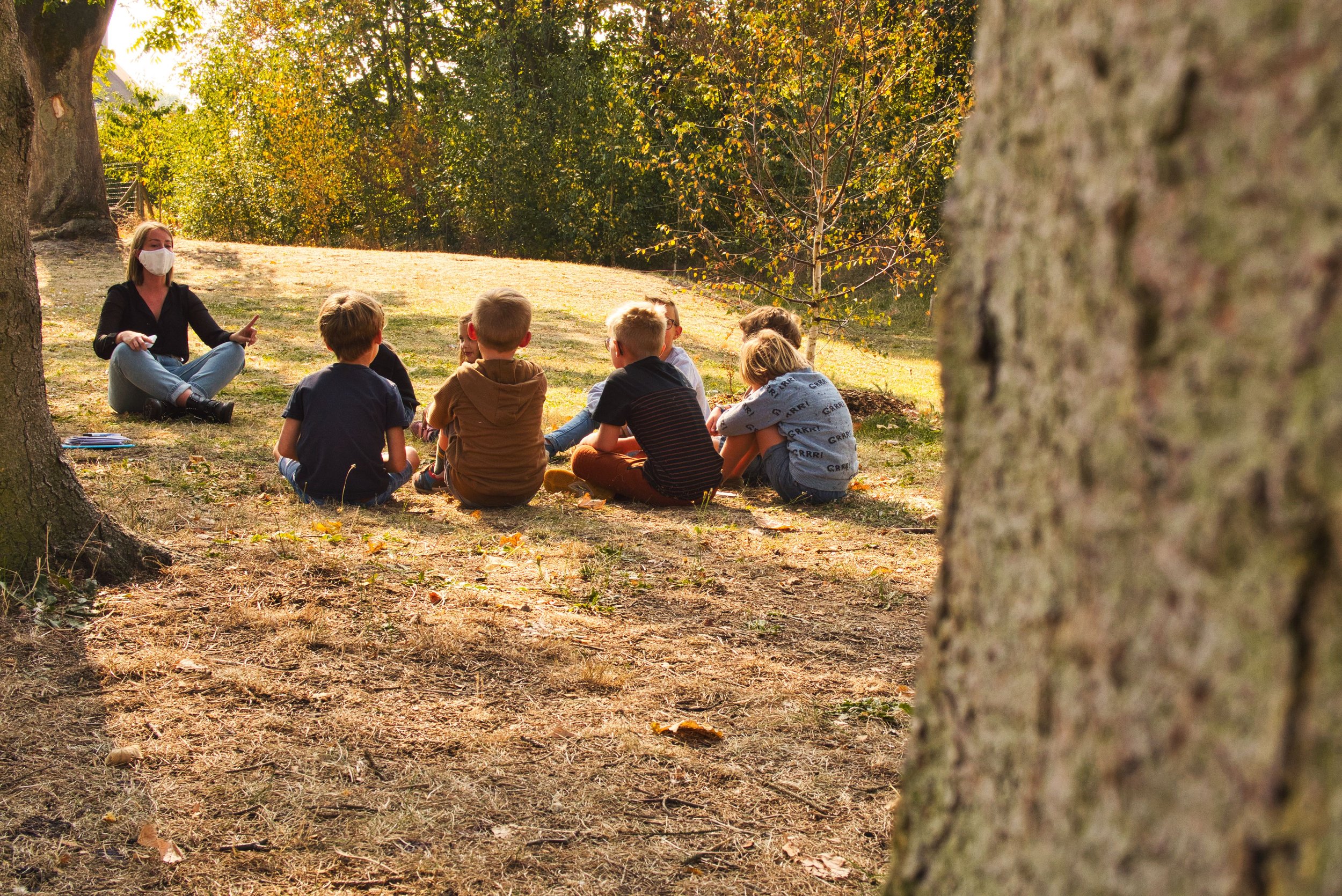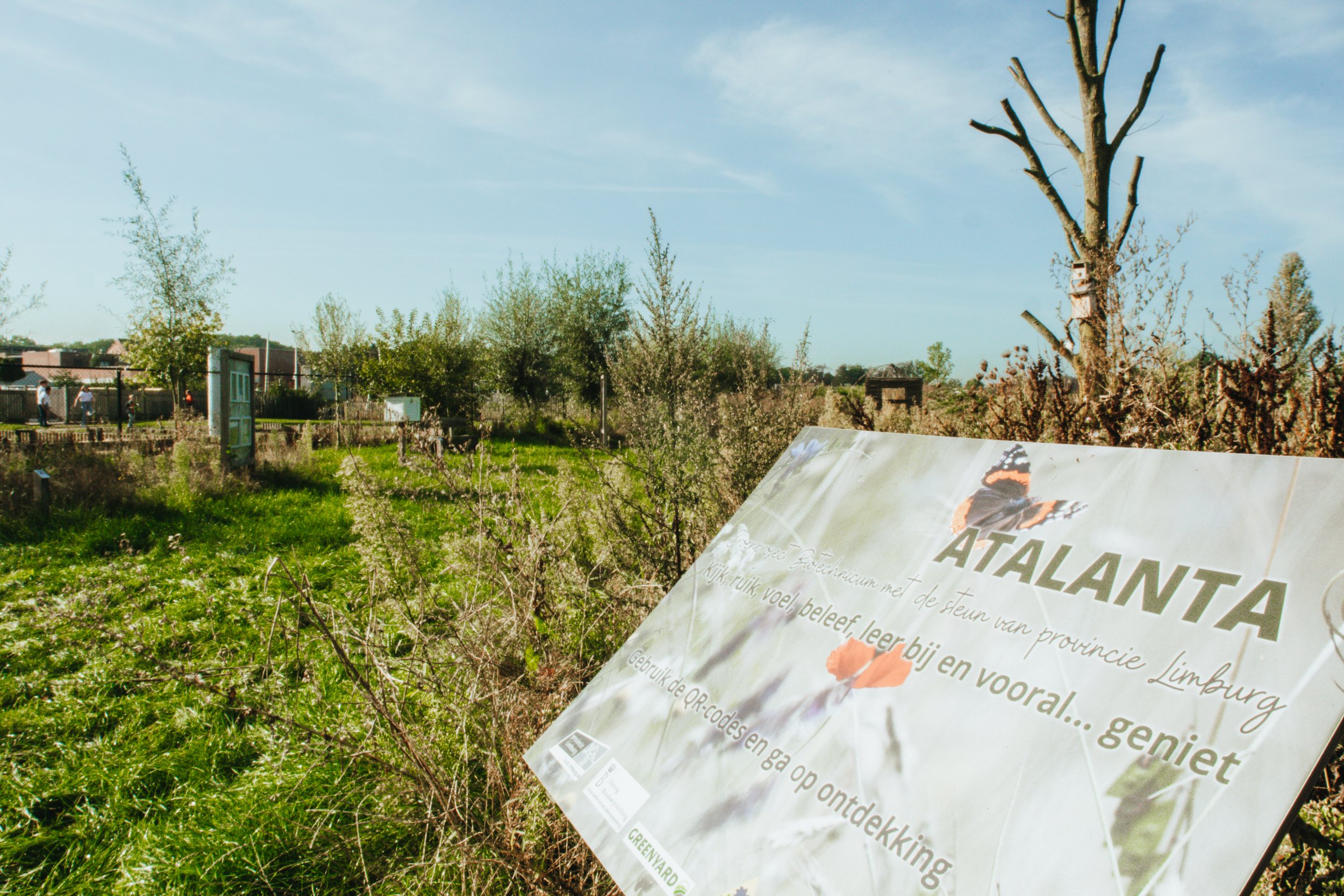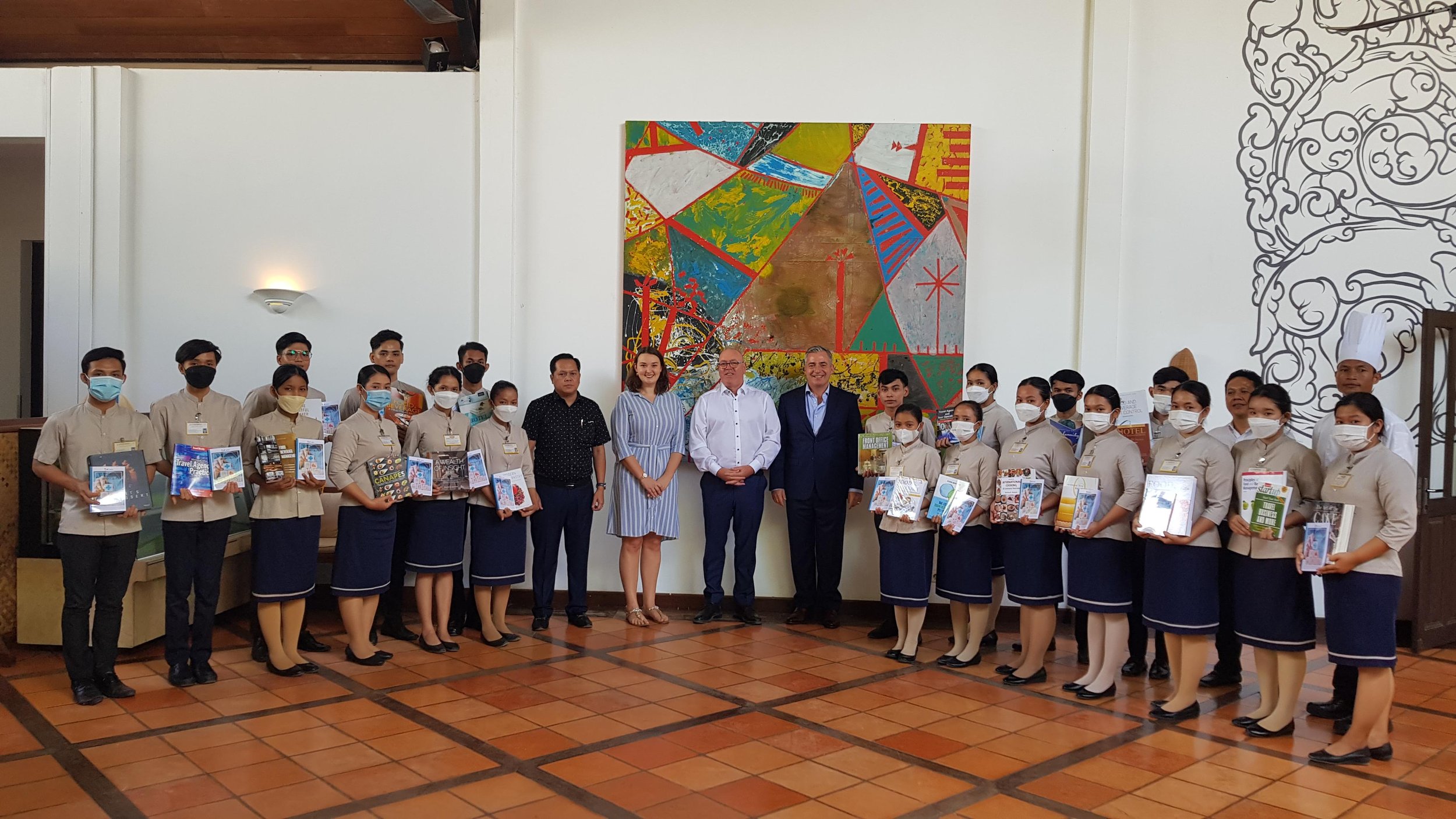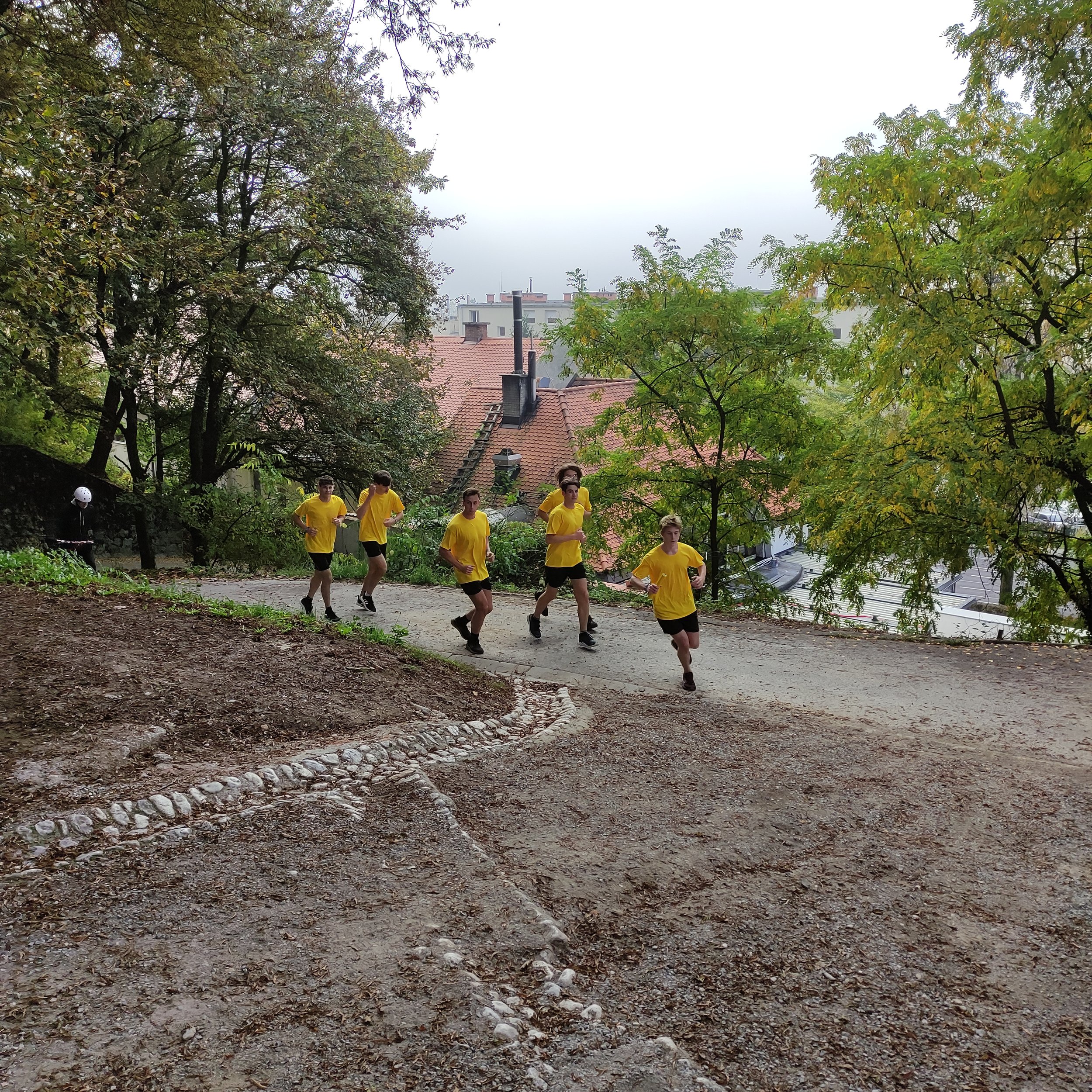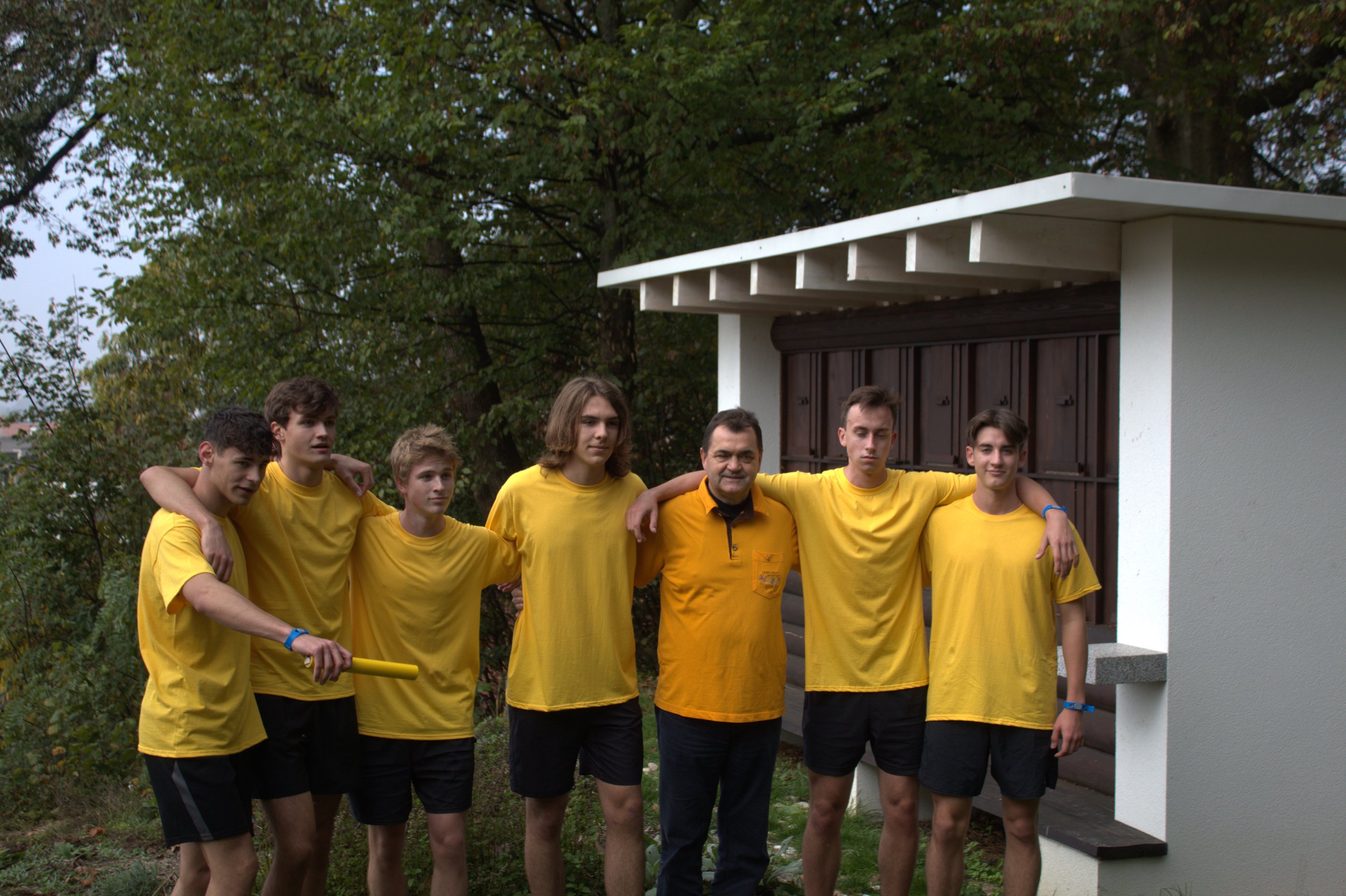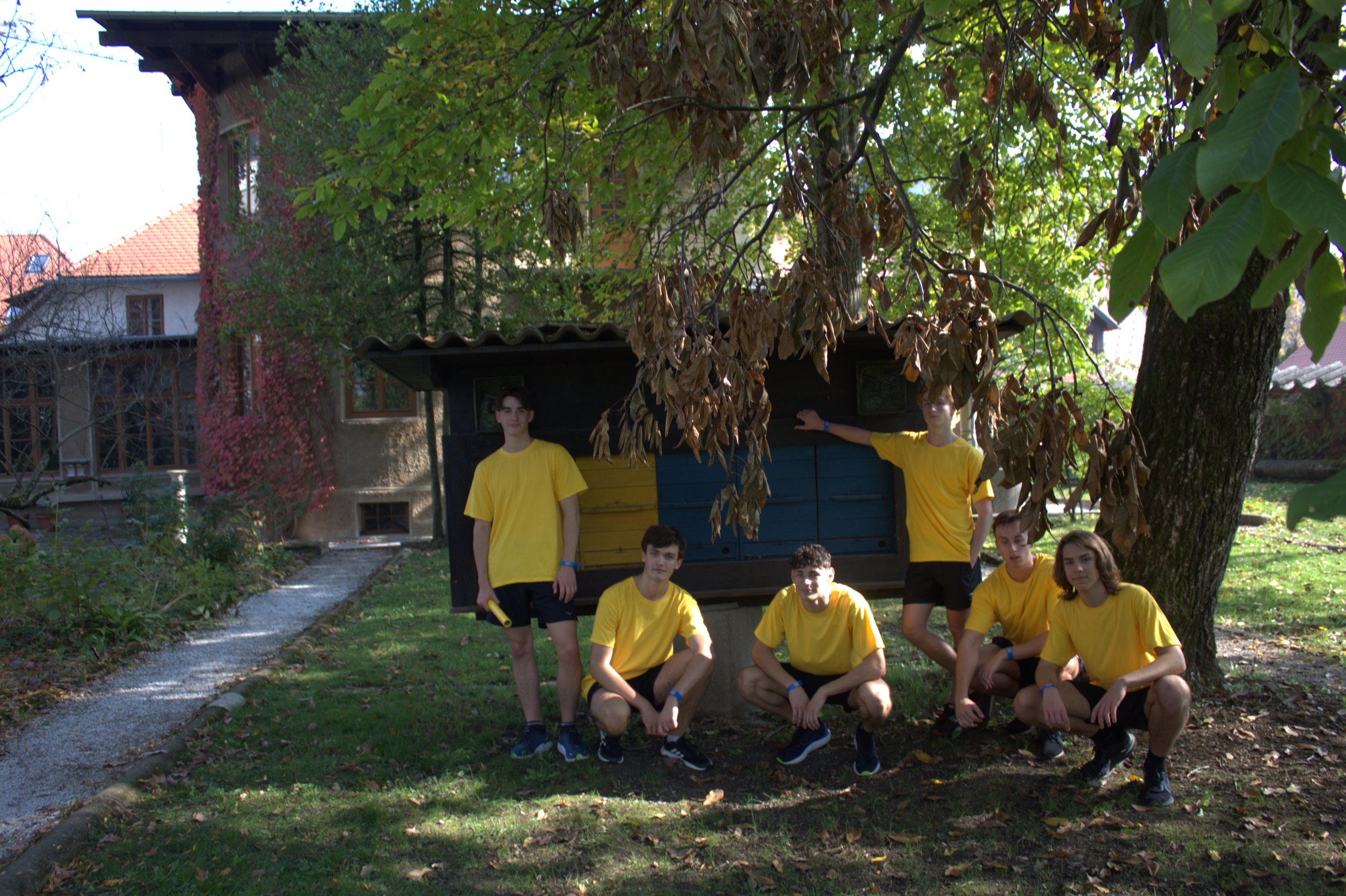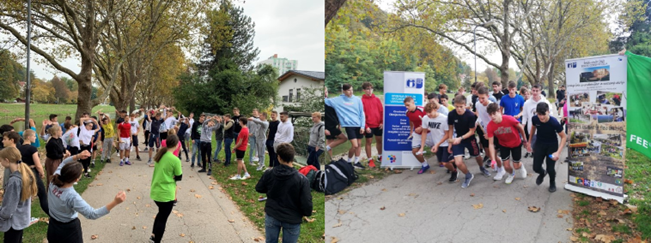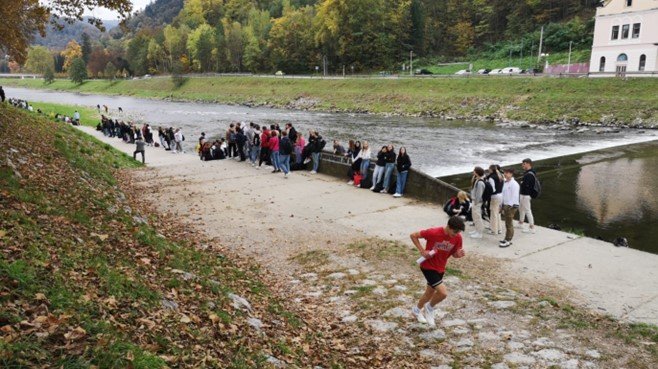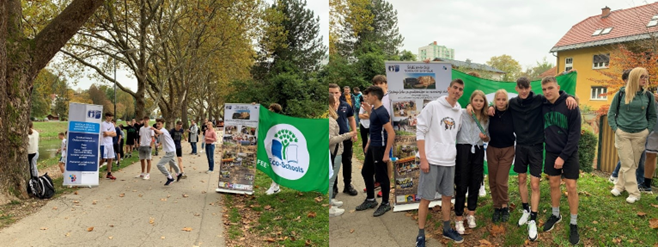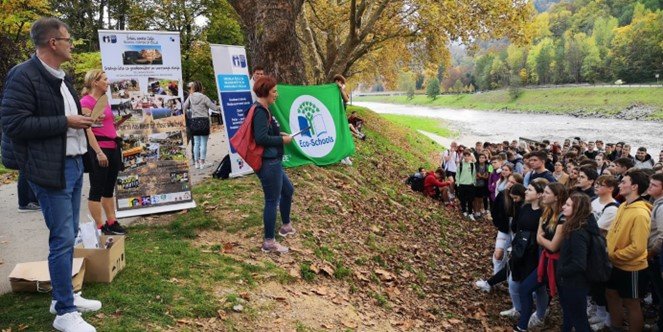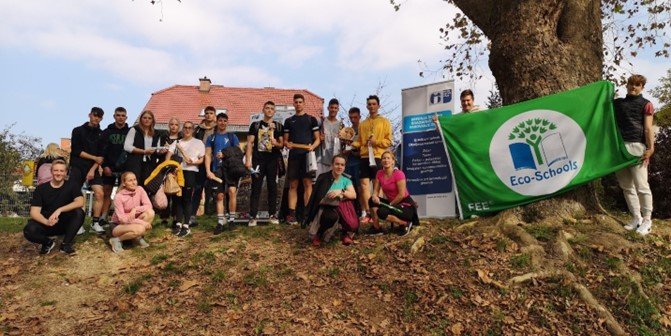A partnership designed to empower people to create an environmentally conscious world, has been announced by the Sustainable Hospitality Alliance and The Foundation for Environmental Education (FEE). As a strategic delivery partner FEE’s expertise will help the Alliance continue its development of the Pathway to Net Positive Hospitality.
Activity will see FEE support the Alliance specifically focusing on the social and environmental aspects of education and training. This agreement positions FEE as an external expert for the Alliance, bringing insight and knowledge which will enhance collective impact.
Established in 1981, FEE is one of the world's largest environmental education organisations, with over 100 member organisations in 81 countries with programmes which help to protect our world’s natural resources.
This partnership combines the Alliance’s sector-specific expertise and reach, representing over 50,000 properties and 7 million rooms globally, with FEE’s education and training delivery know-how.
Activity will see both parties collaborate on potential joint fundraising campaigns for the hospitality industry, with FEE endorsing and incorporating specific Alliance tools and resources that are relevant to its efforts and programmes.
Sustainable Hospitality Alliance CEO, Glenn Mandziuk, said:
“We are excited to welcome FEE as a strategic delivery partner and look forward to working with them to promote sustainable business practice in the hospitality industry. FEE’s expertise in environmental education will undoubtedly support the Alliance in its delivery of the Pathway to Net Positive Hospitality.”
Foundation for Environmental Education CEO, Daniel Schaffer, said:
“We are very pleased to be entering a strategic partnership with the Sustainable Hospitality Alliance. This partnership builds upon our existing cooperation which promoted the use of the Sustainable Hospitality Alliance’s carbon and water calculation tools in the Green Key programme. We look forward to exploring further collaborations that engage FEE’s school-based programmes and the Sustainable Hospitality Alliance’s work supporting vulnerable youth by ensuring short-term employment in the hospitality sector.”
About the Sustainable Hospitality Alliance
The Sustainable Hospitality Alliance brings together the hospitality industry and strategic partners to address key challenges affecting the planet and its people, local destinations and communities. They develop practical free resources and programmes to create a prosperous and responsible hospitality sector that gives back more than it takes. Their members represent over 50,000 hotels – totalling 7 million rooms – and include world-leading companies including Choice Hotels International, Marriott International, Hilton Hotels & Resorts, IHG Hotels & Resorts, Hyatt Hotels Corporation, BWH Hotel Group and Radisson Hotel Group, as well as regional brands. Their network also includes other parts of the hospitality value chain, including owners, investors and suppliers, to further drive joined up action on sustainability, and accelerate the industry on the path to net positive hospitality. For more information, please visit: www.sustainablehospitalityalliance.org
About Foundation for Environmental Education
The Foundation for Environmental Education (FEE) is one of the world’s largest Education for Sustainable Development (ESD) organisations, with over 100 member organisations in 80 countries. With a network of over 60,000 educational institutions, the Eco-Schools, Learning About Forests and Young Reporters for the Environment programmes empower young people to create an environmentally conscious world through experiential, project-based learning. The Green Key and Blue Flag programmes are globally recognized for promoting sustainable business practices and the protection of natural resources. With over 40 years of impactful experience in ESD, FEE’s strategic plan, GAIA 20:30, prioritises impactful action across all five programmes to address the threats of climate change, biodiversity loss and environmental pollution.








